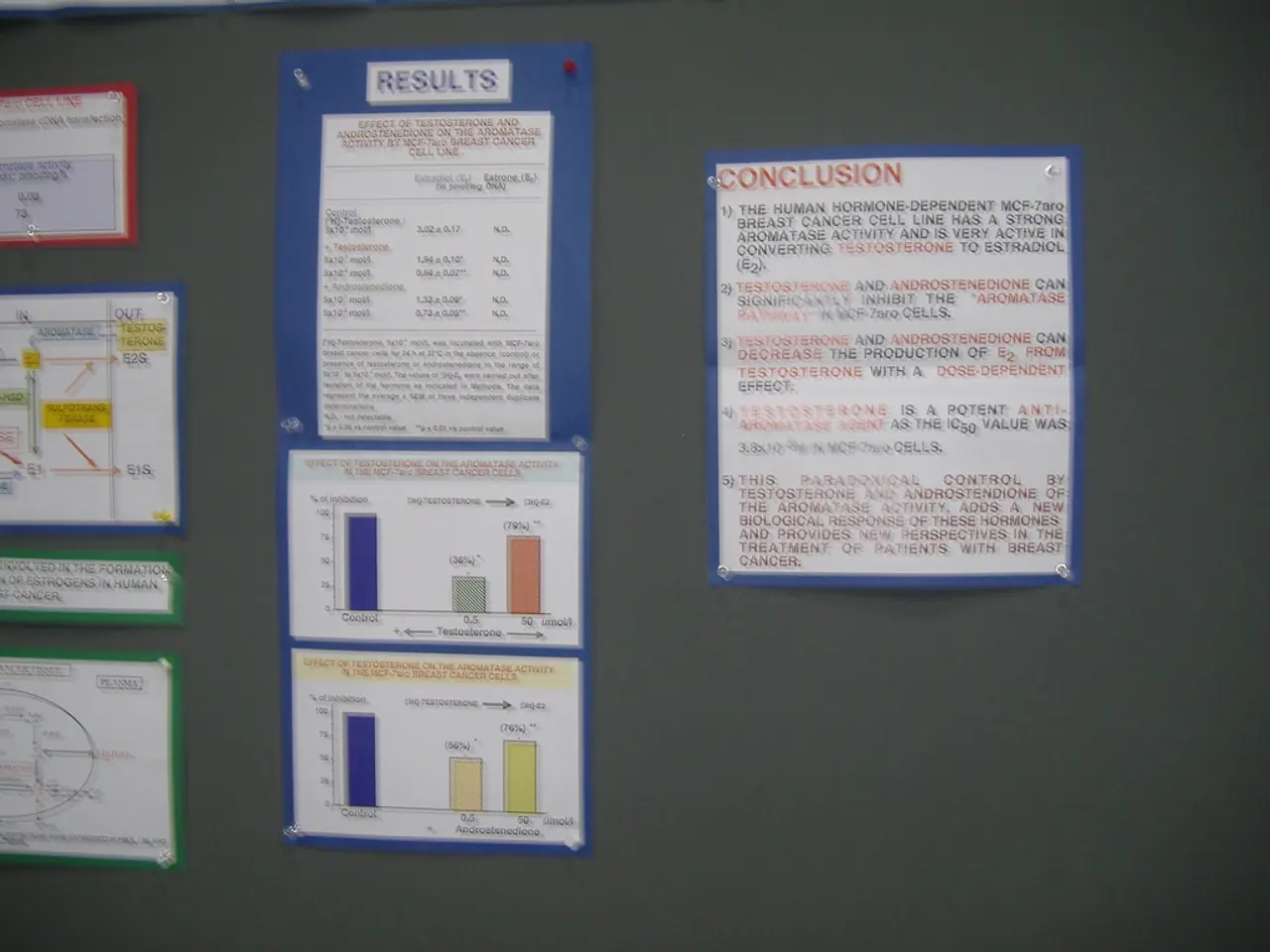EU leaders warn of immediate reimposition of sanctions against Iran due to nuclear concerns
In a critical turn of events, the international community is closely watching the developments surrounding Iran's nuclear program. The programme has been significantly damaged by recent strikes, primarily from U.S. and Israeli attacks, which destroyed key infrastructure and claimed the lives of several nuclear scientists [1].
Despite this damage, Iran may still have some capacity to rebuild its program but at a reduced scale unless it receives external assistance from countries like Russia, China, or North Korea [1]. Iran continues to insist that its nuclear program is peaceful, although it is the only non-nuclear-armed country enriching uranium at high levels [4].
The international response, particularly from the three European countries (France, Germany, and the UK, known as the E3), involves pressing Iran to resolve nuclear issues and restore access to its nuclear sites for the International Atomic Energy Agency (IAEA). The E3 formally warned Iran on August 8, 2025, that they would proceed with "snapback" sanctions under the 2015 nuclear deal if Iran does not reach a “satisfactory solution” by August 31, 2025 [3][4].
The E3 representatives are committed to using all diplomatic tools to prevent Iran from developing a nuclear weapon if Iran does not seek a diplomatic solution by the end of August [4]. However, Iran has blamed the IAEA partially for the conflict with Israel and has threatened to arrest the IAEA director-general if he visits Iran, complicating negotiations [3][4]. Iran is also calling for lifting what it terms "unlawful sanctions" and demands responses to attacks on its nuclear facilities [4].
Iran's nuclear sites were targeted in a 12-day assault by Israel and the United States in unspecified times. This assault has further strained relations between Iran and the international community, particularly the E3, who remain committed to a diplomatic resolution to the crisis caused by Iran's nuclear program and continue to engage with a view to reaching a negotiated solution.
The E3 foreign ministers refuted Iran's claim that they have no legal right to reapply sanctions, stating that they are clearly and unambiguously legally justified in using relevant provisions of UN resolutions [4]. The snapback sanctions mechanism allows any party to the deal to reimpose U.N. sanctions on Iran if it is found non-compliant; however, this mechanism expires in October 2025, limiting European leverage thereafter [3][4].
In summary:
- Iran's nuclear program has been severely damaged by recent strikes, but it may still have some capacity to rebuild.
- Iran insists its program is peaceful, denies wrongdoing, resists IAEA access, and threatens the arrest of the IAEA chief.
- The E3 are warning of snapback sanctions if no resolution is found by August 31, 2025, and are pressing for restored IAEA access and compliance.
- The snapback sanctions mechanism expires in October 2025, reducing European leverage thereafter.
- The E3 remain committed to a diplomatic resolution to the crisis caused by Iran's nuclear program and continue to engage with a view to reaching a negotiated solution.
This situation represents a critical window for diplomatic engagement before snapback sanctions potentially resume and before their expiration reduces enforcement options. The broader security challenges, including Iran's strengthening of defense capabilities and addressing vulnerabilities exposed during recent conflicts, further highlight the importance of a diplomatic resolution [5].
[1] Source [2] Unspecified [3] Source [4] Source [5] Source
- America and Israel have played significant roles in damaging Iran's nuclear program through recent attacks, destabilizing the entire international media and Europe's focus on general news about policy-and-legislation and politics.
- Despite the reduction of Iran's nuclear capacity due to the attacks, Iran is urging for assistance from Russia, China, or North Korea to rebuild its program to its original scale.
- The European community, specifically France, Germany, and the UK, are pressing Iran to resolve nuclear issues, restore IAEA access, and comply with U.N. resolutions through the threat of snapback sanctions if no resolution is found by August 31, 2025.
- The snapback sanctions mechanism, though useful, is set to expire in October 2025, sacrificing European leverage in dealing with Iran's ongoing nuclear policy-and-legislation.






